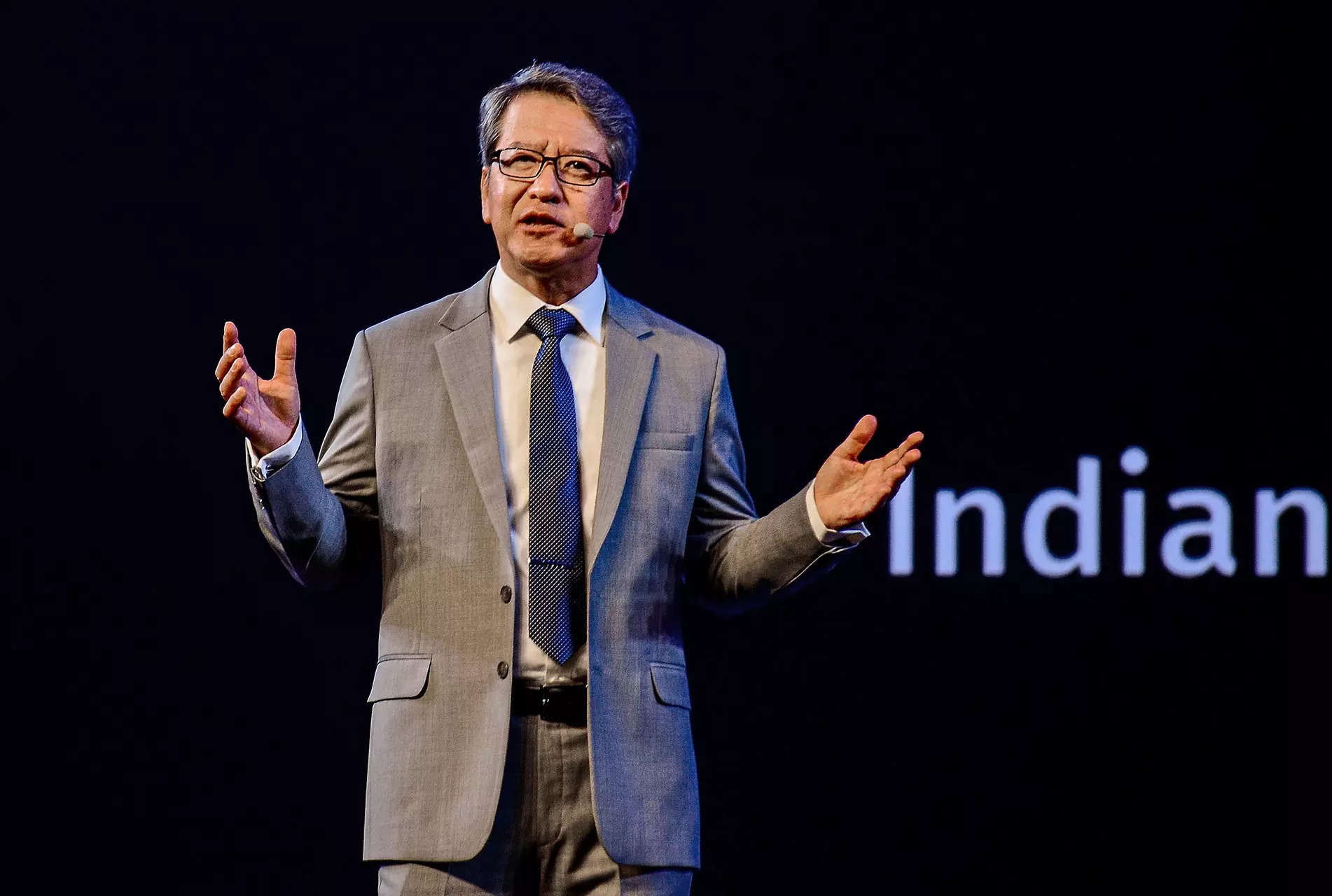“Today, India has become the third largest automobile market in the world. Going ahead, it is estimated that, by FY30-31, the annual passenger vehicle market size will expand to 6 to 7 million units,” Takeuchi said.
This means the scale of operations will nearly double from the present levels, he added.
“Our businesses will therefore need to be reviewed and re-aligned to the new and much higher scale of operations which will spread across multiple locations. At the same time, we need to find ways to make our operations sustainable and environmentally friendly,” Takeuchi noted.
He also urged the domestic component industry to work towards strengthening local design and development capability and also enhance skills of the existing manpower in order to diversify and grow business. Takeuchi also emphasised on increasing competitiveness and having greater focus on capacity and capability in the automotive component sector. He noted that globally, there are developments around sustainability, and these are leading to adoption of new technologies and fuels thus presenting a big opportunity especially for the Indian auto component manufacturers. “So far, you have been one of the epitomes for ‘Make in India’. Now, having acquired the manufacturing prowess we have to move towards ‘Design in India’,” Takeuchi said.
He also emphasised the importance of having skilled human resources to meet volume and technology aspirations.
“India has a huge talent pool but to make them industry ready there is a greater need to collaborate across the value chain. Here, I request active support from the government as well,” Takeuchi said.
It is also important to strengthen Environmental, Social, and Governance (ESG) capabilities to unlock greater value for business, he added.
“Strengthening ESG capabilities will not only make us future ready and increase competitiveness but will prepare us for the upcoming regulatory compliances,” Takeuchi said.
He also asked the auto components industry to keep re-investing in their core businesses.
“For sustainable business operations and to benefit from the growing automobile market, re-investing in the core business and futuristic technologies is very important. We need to invest more in the automobile business,” he noted.
With higher scale, new technologies, multiple locations, and external uncertainties the complexity of business is going up, he said.
“To ensure continuity in such a scenario it is very important that we keep strengthening our risk management capabilities,” he added.
Along with these, as an industry there is a need to continue to have a high focus on quality and safety, Takeuchi said.
“These are of greater emphasis for making our business sustainable and competitive,” he added.
Takeuchi also asked the auto components industry to support the PV makers in their pursuit of developing various alternative fuel technologies like CNG, Hybrid-electric, Electric and Hydrogen.
“Since the Indian market is so diverse and wide, it is our responsibility to work on all these powertrain technologies to serve the environment. We also look forward to our component vendor partners to support us in all these powertrain technologies,” he said.
Earlier speaking at the event, ACMA President Sunjay Kapur said the industry needs to embrace the profound changes happening towards cleaner fuels.
Terming it as a huge opportunity, he said the industry must tackle shortage of skilled manpower.


